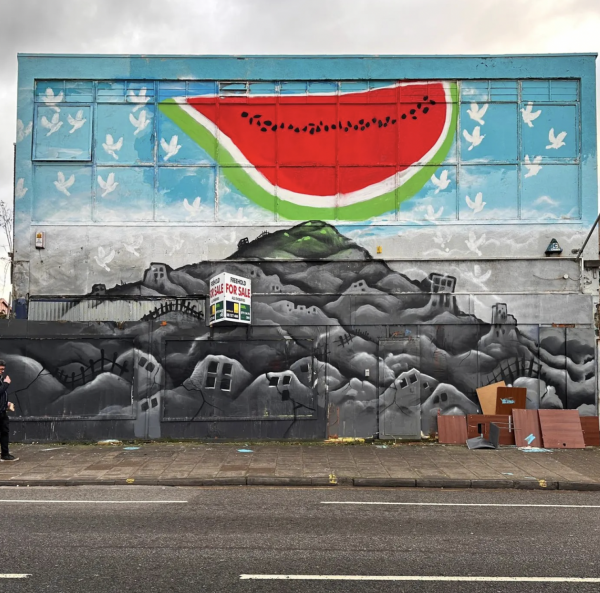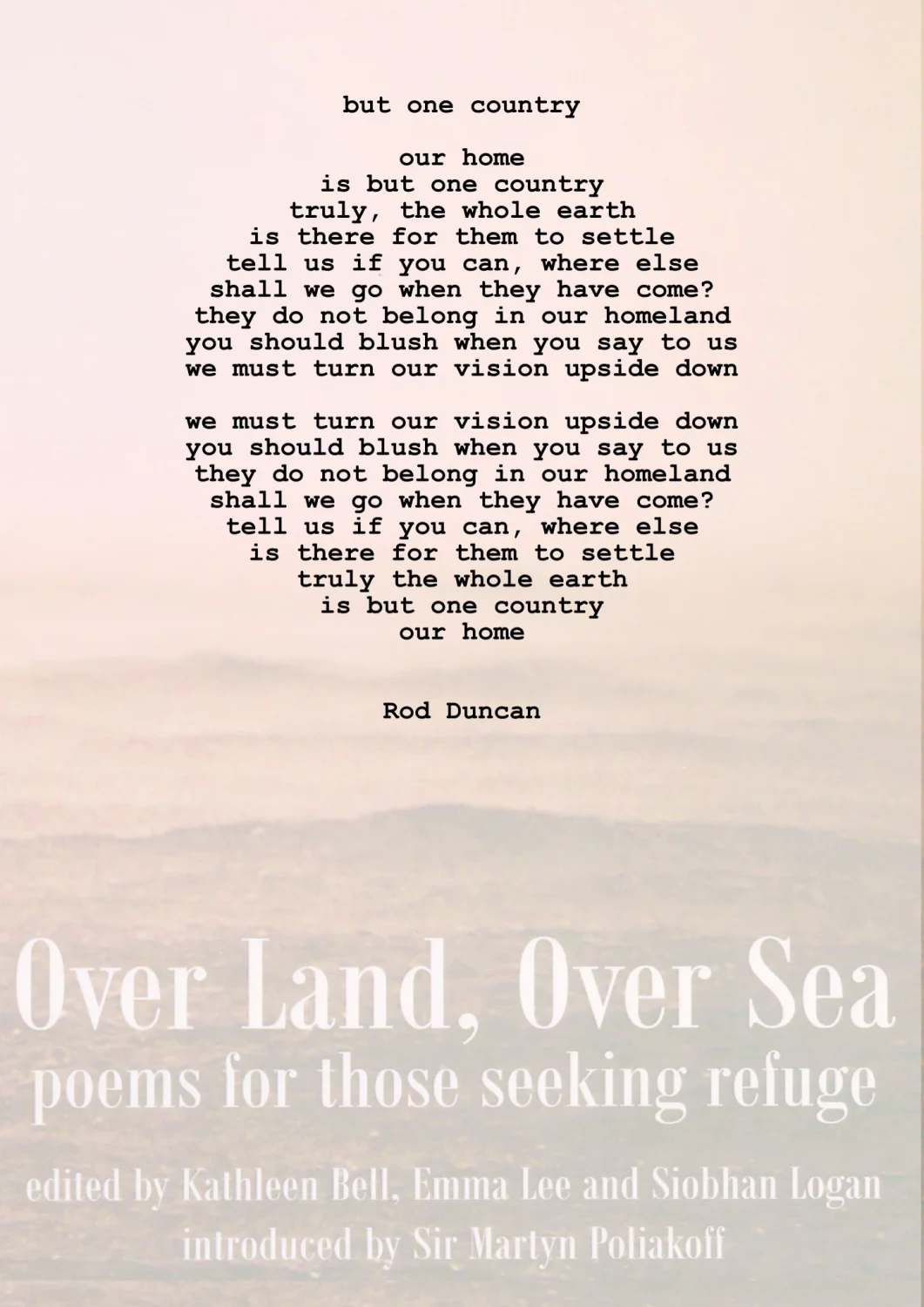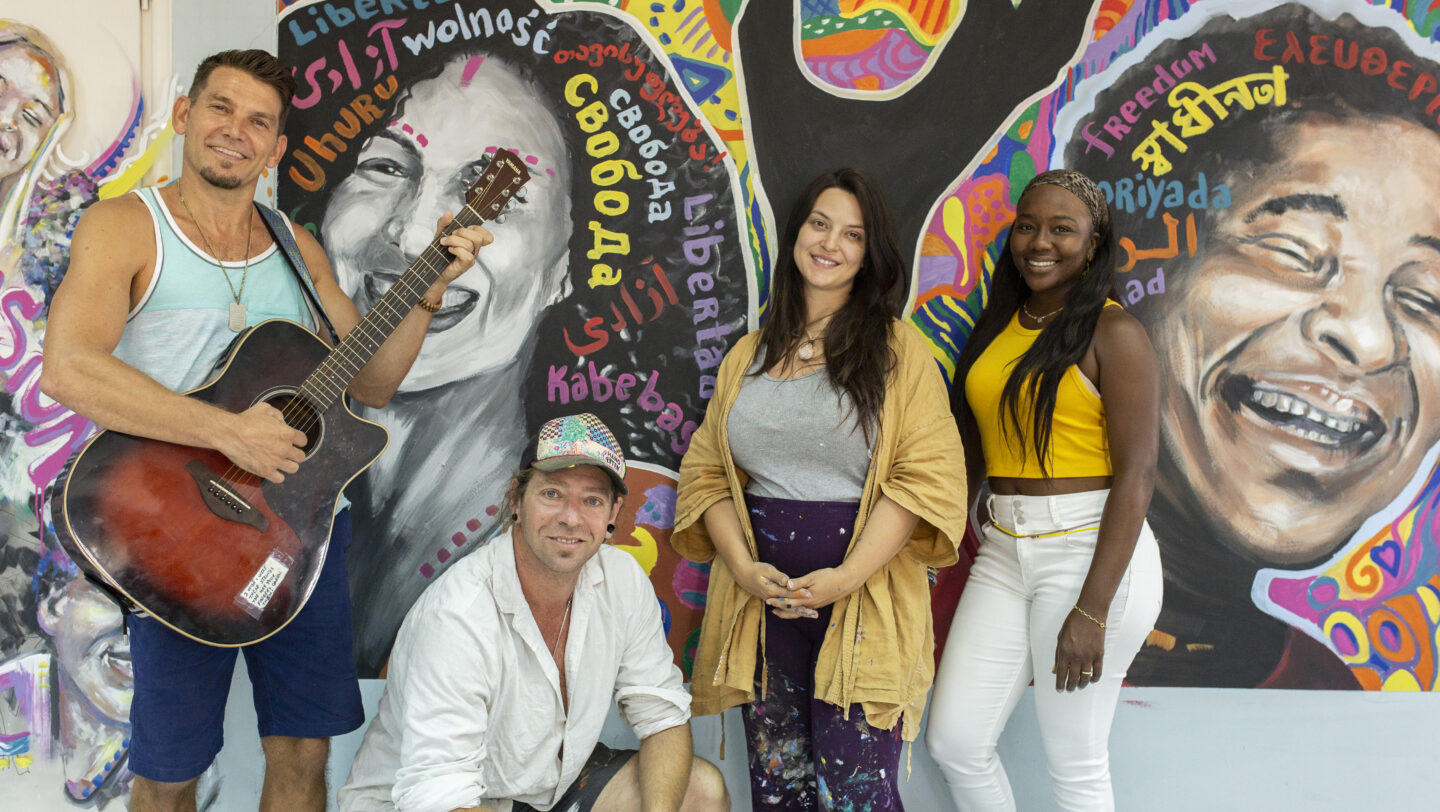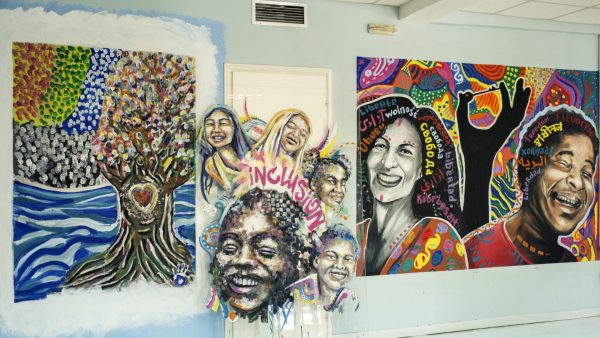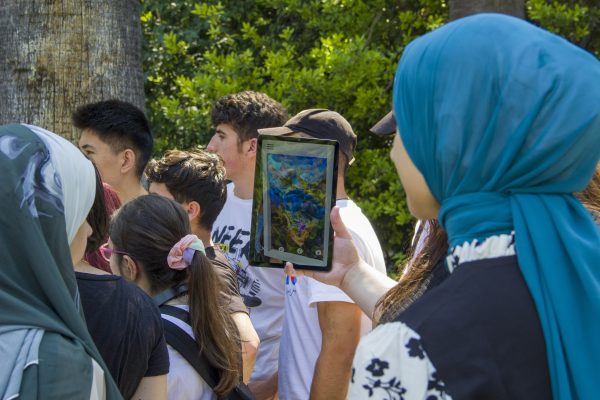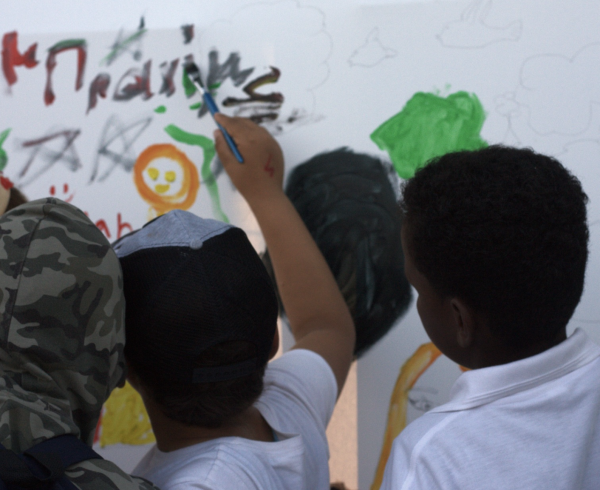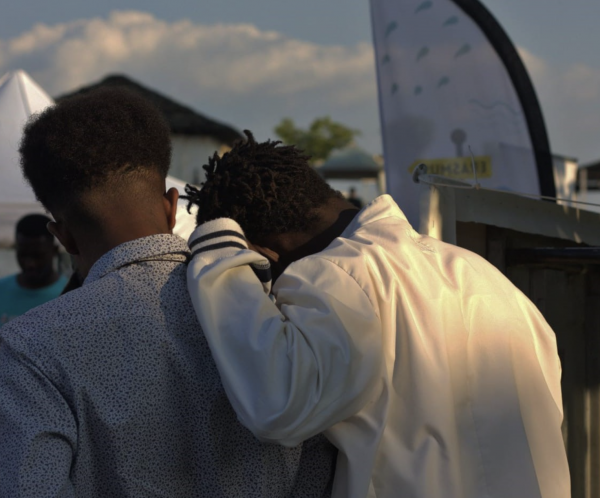Dina Ntziora on achieving authentic representation in cultural creation.
But one Country, Rod Duncan – Over Land, Over Sea: poems for those seeking refuge, edited by Kathleen Bell, Emma Lee and Siobhan Logan
In a world marked by diverse cultures, the arts serve as a powerful catalyst for fostering community cohesion within diaspora populations. This transcendent force not only preserves the intricate threads that connect individuals to their homelands but also propels a wave of contemporary creativity that embraces traditional folk art, promoting cultural diversity through various modes of artistic expression.
The primary objective of supporting the contemporary cultural manifestations of diaspora communities goes beyond mere preservation—it is a celebration of identity, a testament to the richness of shared heritage. By nurturing these artistic endeavors, we create a platform that values the contributions of every individual, irrespective of their background or circumstances. This inclusive approach enables artists from diverse backgrounds to showcase their talents and share their unique experiences with an audience that is receptive and supportive.
For refugees and those seeking refuge, whose journeys are often marked by hardship and displacement, the arts become a lifeline. They offer a means of expression, a way to communicate across barriers and rebuild a sense of belonging. The creative process becomes a sanctuary for healing, a space where resilience is transformed into art that speaks to shared humanity.
Communities, in turn, come together through these artistic expressions. Whether through exhibitions, performances, or collaborative projects, the arts provide a common ground where differences are celebrated rather than feared. In this shared space, diverse narratives intertwine, creating a tapestry of unity that transcends borders and enriches the collective human experience.
As we explore the transformative power of diaspora arts for community cohesion, it becomes evident that the creative process is not only about individual expression but also about forging connections. It is a bridge that spans cultural gaps, fostering understanding, empathy, and a sense of shared identity. In the face of challenges, the arts become a testament to resilience, a force that unites, heals, and ultimately strengthens the bonds that tie us together.
In what ways can the arts be leveraged to empower refugees not only as storytellers but also as active participants in shaping the narratives that define their experiences, and what role do creatives play in facilitating this shift towards a more inclusive and participatory approach to cultural expression?
Considering the intricate relationship between the arts, community, and collective identity, how can creatives and cultural professionals navigate the fine line between cultural appreciation and appropriation, ensuring that the power of artistic expression is wielded responsibly and respectfully?
Embracing the transformative power of cultural exchange through the Arts of Diaspora extends beyond specific events, becoming an ongoing narrative interwoven into the social fabric of our communities. The belief in the ability of arts and culture to shape attitudes, foster understanding, and celebrate diversity is not bound by temporal constraints but rather represents a continuous and enriching presence in our collective experience.
Activities centered around the Arts of Diaspora, rooted in shared principles and values, serve as dynamic agents for cultivating informed and inclusive attitudes. These engagements offer experiences that nurture empathy and connection, shedding light on the diverse reasons behind displacement, the rights of diaspora communities, and the structural challenges they encounter.
As creatives and cultural professionals, our role is to hold space for the voices and stories of diaspora communities. By providing a platform for their artistic expression, we transcend stereotypes and resonate with mainstream audiences, contributing to a broader understanding of diverse perspectives.
Through cultural activities, a sense of unity is fostered, offering the broader community an opportunity to deepen their understanding of diverse perspectives. By showcasing the abundance of diaspora narratives through diverse artistic mediums, Diaspora Arts reaches out to mainstream institutions, schools, local councils, faith groups, and cultural organizations, providing a platform for the wider community to explore and appreciate the richness of diversity.
Ensuring authentic representation and avoiding tokenism in creative endeavors involves fostering meaningful and respectful engagement with diverse communities. This entails authentic collaboration from the project’s inception, involving community members in decision-making processes, and sharing power over the narrative. Diverse representation should go beyond surface-level characteristics, considering a range of experiences, perspectives, and stories. Long-term relationships built on trust and understanding contribute to more authentic representation, while continual self-reflection and education help creators navigate potential biases. The emphasis is on empowering communities to tell their own stories and cultivating a deep appreciation for the complexities within diverse narratives. By adopting these principles, creatives and cultural professionals can contribute to a richer, more inclusive creative landscape that transcends tokenism and authentically celebrates diversity.
Providing a stage for voices to be heard, stories to be told, and healing to unfold through art and culture is a profound acknowledgment of the power inherent in shared human experiences. This becomes particularly crucial when engaging with minorities, underserved communities, and those experiencing displacement. Beneath the surface of apparent differences, we discover a tapestry of shared emotions, dreams, and aspirations that connect us on a fundamental level.
Embracing the role of creatives and cultural professionals in advocating for authentic representation and breaking through systemic barriers requires courage and a readiness to take risks. The act of fostering unity and understanding through cultural activities serves as a daring endeavor to challenge pre-existing norms and biases within mainstream institutions. By showcasing the abundance of diaspora narratives through various artistic mediums, these individuals are not only providing a platform for the wider community to explore diversity but are also confronting systemic barriers that may resist the amplification of marginalized voices.
In conclusion, the engagement with minorities, underserved communities, and displaced populations underscores a fundamental truth: beneath external differences, we share a profound commonality as human beings. The narratives woven through art and culture illuminate our shared struggles, triumphs, and aspirations, firmly asserting that our similarities far surpass the perceived divisions. This acknowledgment serves as a bridge connecting diverse communities, nurturing a sense of unity and collaboration that transcends societal barriers. Through the transformative power of storytelling, art becomes a conduit for understanding, compassion, and collective growth, reinforcing the essential interconnectedness that binds us all.
Dina Ntziora is an Engagement Manager and Researcher. She specialises in fostering inclusive and collaborative practices. A participant on the European Alternatives’ Democracy, Elections, Mentoring, and Organising programme, she is a dedicated activist and producer, with a keen focus on promoting inclusion, well-being, and ethical principles.
